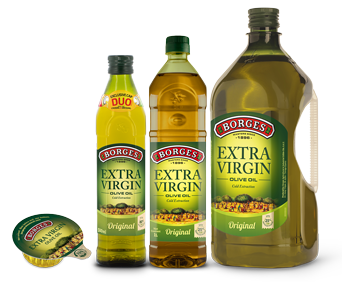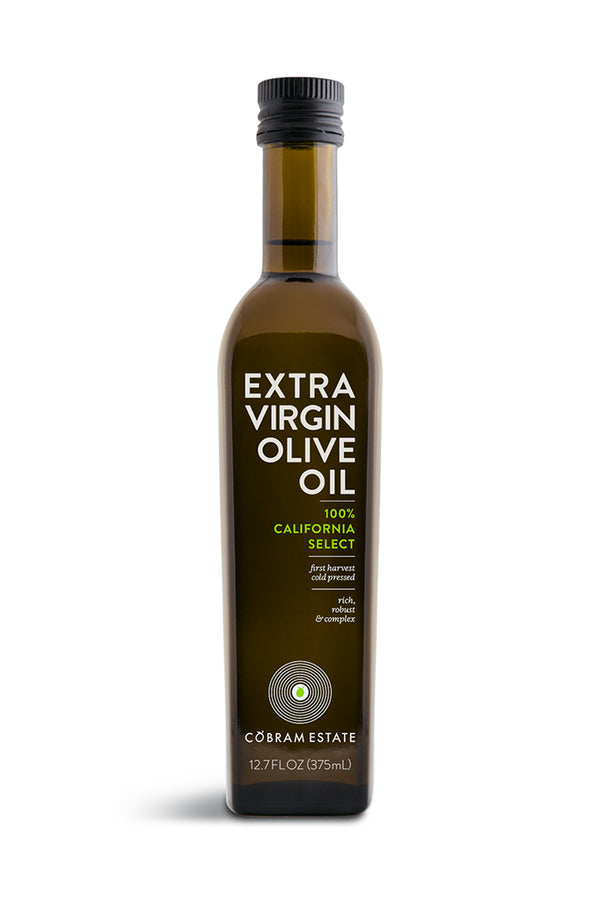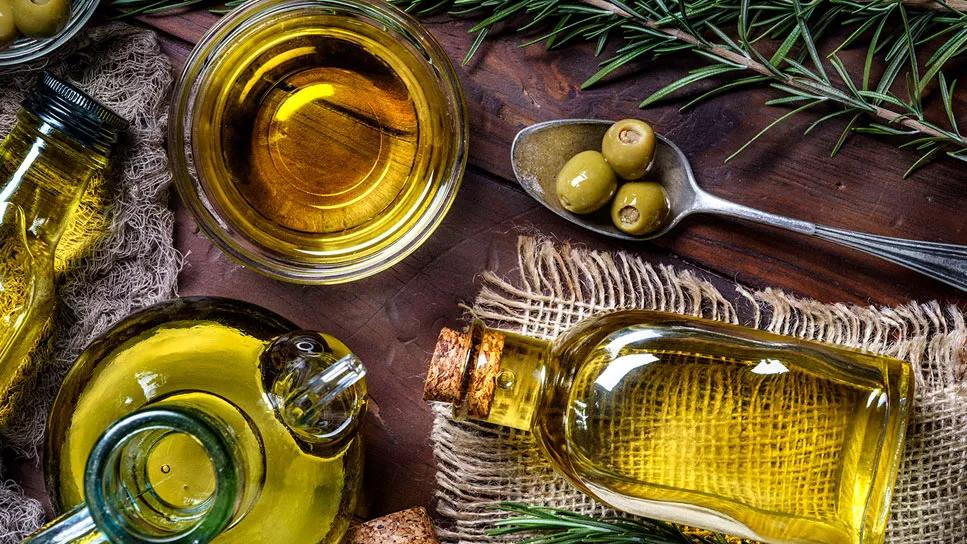Checking Out the Different Sorts Of Olive Oil and Their Usages, Including Extra Virgin Olive Oil
The expedition of olive oil incorporates a varied array of types, each offering distinctive flavors and cooking applications. Additional virgin olive oil, renowned for its exceptional quality and health and wellness benefits, offers as a staple in lots of cooking areas, yet it is only one aspect of this complex active ingredient.
What Is Olive Oil?
Stemmed from the fruit of the olive tree, olive oil is a staple in Mediterranean cuisine and a vital active ingredient in numerous cooking applications. This functional oil is created by pressing whole olives, causing a fluid that differs in scent, color, and taste relying on the kind of olives used, the region of growing, and the removal process. Olive oil is primarily made up of monounsaturated fats, particularly oleic acid, which is known for its possible health and wellness advantages, including anti-inflammatory buildings and cardiovascular support.
In enhancement to its culinary usages, olive oil has a lengthy history of application in conventional medicine and skin care, owing to its abundant antioxidant content (extra virgin olive oil benefits). The oil is usually made use of in dressings, sauces, and for cooking methods such as sautéing and roasting. Its distinctive flavor profile can enhance the preference of numerous recipes, making it a vital active ingredient for both home cooks and specialist chefs
Furthermore, olive oil is celebrated for its function in the Mediterranean diet regimen, which is connected with countless health and wellness benefits. As recognition of these benefits grows, olive oil continues to obtain popularity worldwide as a fundamental part of a healthy way of life.
Kinds Of Olive Oil
Comprehending the different sorts of olive oil is important for both culinary fanatics and health-conscious customers. Olive oil is identified mostly based upon its removal technique and quality, which substantially affects its scent, health and wellness, and taste advantages.

Light olive oil, despite its name, describes a lighter flavor and not lower calories. It is ideal for those looking for an extra subtle preference in dressings and marinades. In addition, there are flavorful olive oils instilled with herbs, spices, or citrus, which can improve recipes without the demand for additional spices.
Each sort of olive oil serves certain culinary functions, and recognizing these distinctions permits customers to make educated options that align with their cooking styles and wellness goals.
Bonus Virgin Olive Oil
Additional virgin olive oil (EVOO) is commonly pertained to as the finest quality olive oil available, popular for its abundant taste and countless health benefits. To be identified as added virgin, the oil should be produced from fresh olives using mechanical procedures, without making use of solvents or extreme warmth. This precise method protects the oil's natural flavors, antioxidants, and healthy fats, resulting in an item with a reduced acidity level of less than 0.8%.
EVOO is abundant in monounsaturated fats, specifically oleic acid, which is linked to lowered swelling and improved heart health. It additionally contains polyphenols, powerful antioxidants that might offer protective results versus persistent illness. The taste account of EVOO can differ dramatically depending upon the olive selection and area of production, ranging from fruity and verdant to robust and sharp.

Culinary Utilizes of Olive Oil

In cooking, olive oil can be made use of for sautéing, toasting, and grilling, giving a much healthier choice to butter or other fats. Its high smoke point makes it suitable for different cooking methods, while its antioxidants add to a heart-healthy diet regimen. Sprinkling olive oil over ended up recipes, such as pasta, fish, or smoked veggies, can elevate tastes and add a touch of elegance.
Moreover, olive oil plays a considerable duty in baking, where it additional resources can replace typical fats in recipes for bread and pastries, imparting dampness and a refined taste. It also offers as a base for instilled oils, enabling chefs to trying out tastes such as garlic, herbs, or chili, further increasing its cooking potential. Overall, olive oil's convenience makes it vital in both home and expert kitchens.
Finding Top Quality Olive Oil
When choosing quality olive oil, it's crucial to think about several vital elements that affect the product's scent, health, and taste benefits. Opt for additional virgin olive oil (EVOO), which is acquired from the first chilly pushing of olives and contains the greatest degrees of antioxidants and useful substances. Look for oils that are accredited by identified companies, as this frequently makes sure adherence to rigorous quality requirements.
The product packaging additionally plays a significant function in protecting the oil's resource honesty. Pick oils stored in dark glass bottles or tins to secure versus light destruction. Take note of the harvest date; fresher oils provide remarkable taste and dietary worth, so pick items that are within 18 months of their harvest.
Additionally, consider the origin of the oil. Premium olive oils commonly originate from details areas recognized for their unique flavor accounts, such as Italian, Spanish, or Greek oils. Be aware of the preference; a good quality olive oil ought to have a balance of fruity, bitter, and peppery notes, showing its splendor and intricacy. read the full info here By examining these aspects, you can guarantee you are selecting the most effective olive oil for your culinary needs.
Conclusion
In recap, the exploration of numerous types of olive oil discloses distinct features and applications, with extra virgin olive oil standing for the pinnacle of high quality due to its low acidity and high antioxidant web content. Comprehending the various varieties of olive oil enables for educated choices in food preparation methods, advertising much healthier practices while enhancing the overall gastronomic experience.
Obtained from the fruit of the olive tree, olive oil is a staple in Mediterranean food and a key component in numerous culinary applications.The most typical kinds of olive oil consist of refined olive oil, pure olive oil, and light olive oil.Additional virgin olive oil (EVOO) is extensively concerned as the highest possible quality olive oil offered, popular for its rich flavor and many wellness benefits. Opt for additional virgin olive oil (EVOO), which is acquired from the initial cold pressing of olives and consists of the highest possible degrees of antioxidants and useful substances.In recap, the expedition of various types of olive oil exposes unique features and applications, with added virgin olive oil representing the pinnacle of high quality due to its low acidity and high antioxidant material.